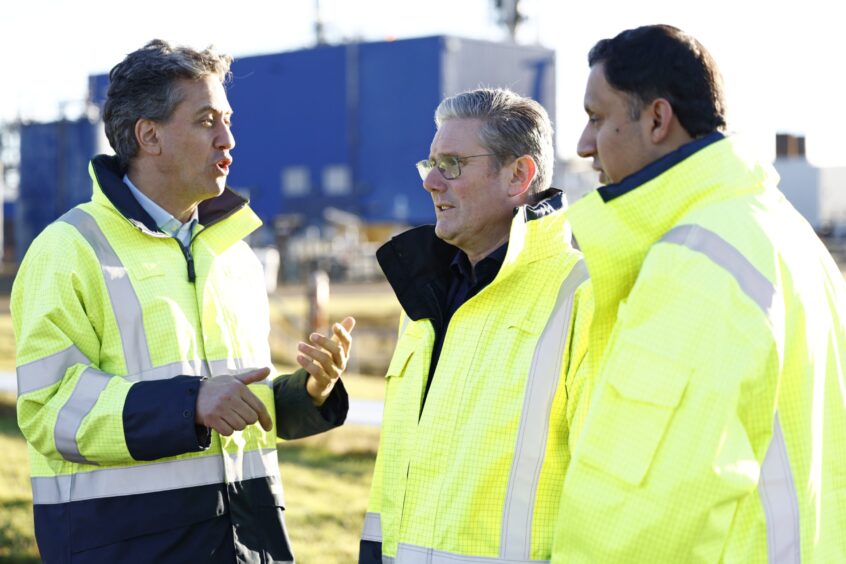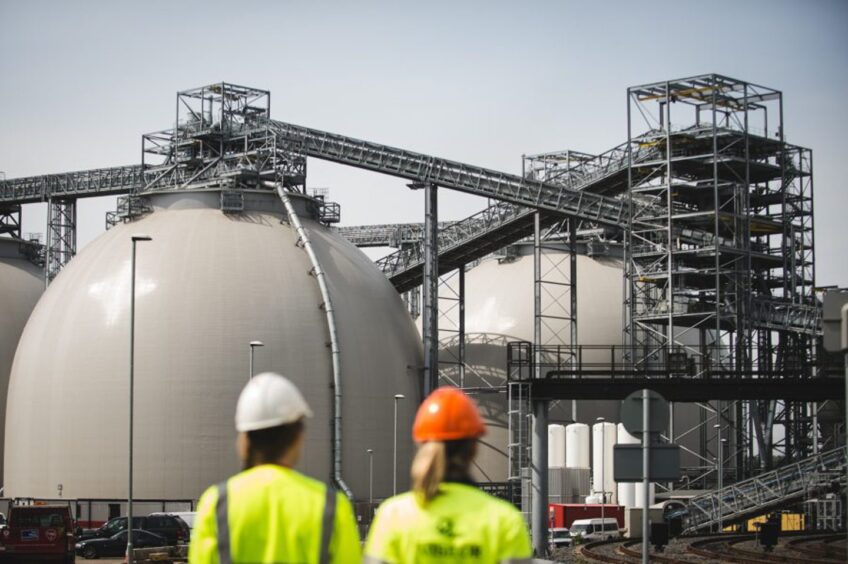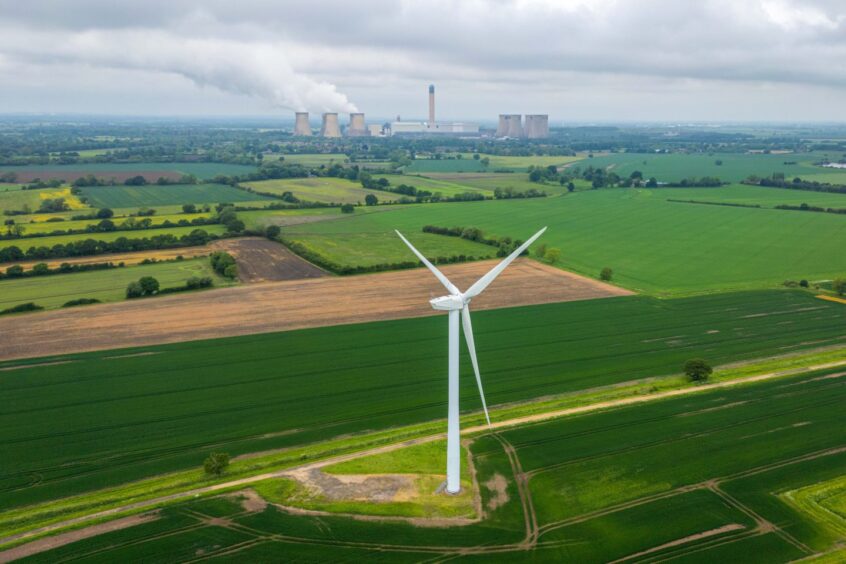
Clarity of purpose is a necessity for good government. From its first days in office, the new Government set out a clear mission to create a clean power grid by 2030.
While that target may seem a long way away, in the world of engineering and construction, it is tomorrow.
That’s why business leaders like myself are ready to start working with government immediately to make these ambitions a reality.
It is a tough task, there is no getting away from that. Over the course of a year, around a third of Britain’s electricity comes from unabated gas.
When the wind isn’t blowing, or the sun isn’t shining, that share of supply increases significantly.
To turn what might seem like a new instalment of Mission Impossible into Mission Accomplished, industry must see swift and bold action from Whitehall.
The lifting of the onshore wind ban in England was a good start, but it is only the start.
It is also worth remembering this mission is essentially an interim target towards the even tougher goal of having a net zero economy by 2050.
Helpfully, National Grid has set out what steps are needed for a net zero electricity grid. Every single one of their Future Energy Scenarios has millions of tonnes of carbon dioxide being removed from the atmosphere by a technology called Bioenergy with Carbon Capture and Storage (BECCS).
What is BECCS and how can it play a part in the UK energy transition?
BECCS is the only technology that can generate reliable renewable power while simultaneously removing carbon dioxide from the atmosphere.
According to National Grid’s report, it stands as the most viable large-scale carbon removal option available today.
This dual functionality, providing power and reducing carbon emissions, places BECCS at the heart of the UK’s strategy to combat climate change. The urgency of deploying BECCS cannot be overstated.
Drax is already the nation’s largest renewable power generator by output, and we are ready to step up and drive more significant progress towards these goals. We want to work in partnership with the new government to achieve its mission of a clean power grid.
As well as proving BECCS technology works through our pilot projects, we have secured the planning consent needed for this major infrastructure project and Drax has also worked with fellow clean energy pioneer Stockholm-Exergi to develop a new methodology to ensure the integrity and sustainability of the carbon removals from BECCS.
This has been verified by NDV, an organisation which delivers world-renowned testing, certification, and technical advisory services to the energy sector.
What makes BECCS so compelling is its capacity to permanently remove millions of tonnes of carbon dioxide from the atmosphere each year.
This capability is a game-changer, making a substantial contribution to the UK’s efforts to reach net zero. A world where power generation goes hand in hand with carbon removals is at our fingertips.
Revitalising the Humber region
The regional impact of BECCS is also significant. At Drax, we are committed to playing a pivotal role in the economic revitalisation of the Humber region.
By investing in BECCS technology, we can turbocharge growth, create thousands of new jobs, and channel billions in private investment into carbon capture and green energy projects.
However, we can only do that with the right government policies being delivered at the right time. Supportive regulatory frameworks are essential to drive investment and development in carbon capture and storage technologies.
With the right policies in place, we can unlock the full potential of BECCS, ensuring that regions like the Humber fully benefit from the economic and environmental opportunities it presents.
UK must keep pace in global race to net zero
Other countries, most notably the United States, have already introduced new policies to attract investment to deploy BECCS at scale.
The UK has led the world in the development of this technology, but it must keep pace with international competitors when it comes to deployment.
As we navigate the complexities of the energy transition, BECCS offers a promising path forward. It embodies the principles of sustainability, innovation, and economic growth, providing a comprehensive solution to some of our most pressing environmental challenges.
By embracing BECCS, the UK can lead the way in carbon removal and renewable energy, setting an example for the rest of the world.
If the government acts fast and listens to the industry, I have no doubt that together in partnership we can make the UK a clean energy superpower.
The task is big, but the opportunities are even bigger. This is a mission which we must accomplish.
Recommended for you

 © PA
© PA © Supplied by Drax
© Supplied by Drax © Bloomberg
© Bloomberg